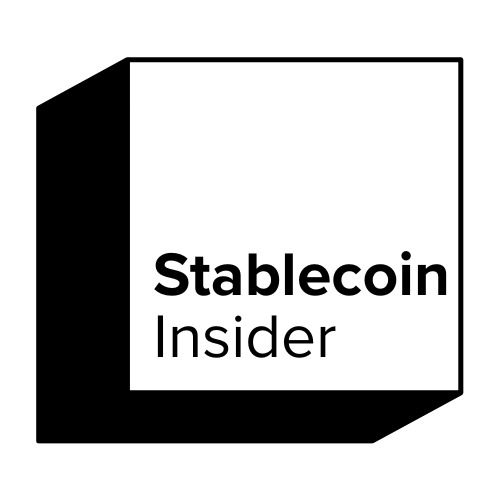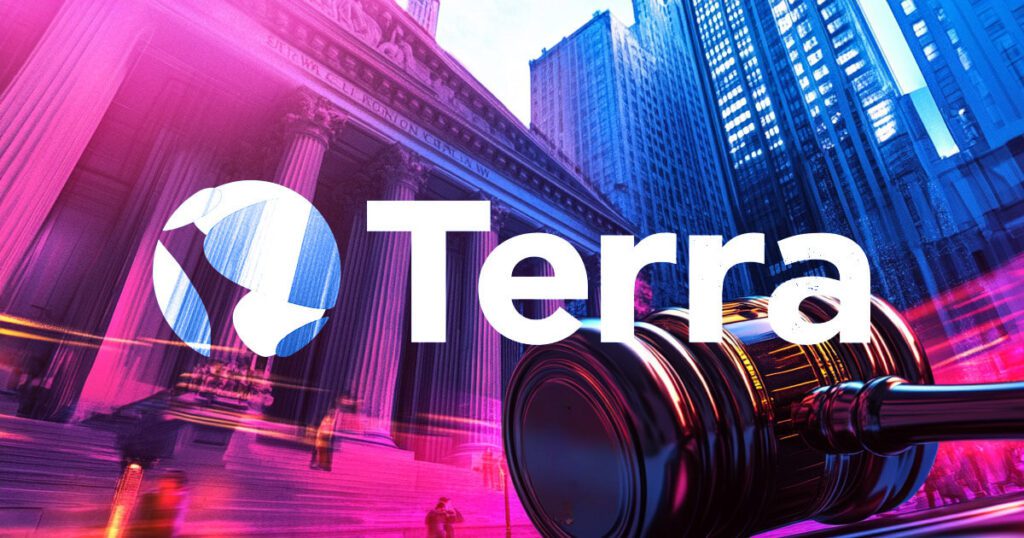
The Securities and Exchange Commission has charged Tai Mo Shan Limited, a subsidiary of Jump Crypto, with misleading investors regarding Terra USD (UST) after the stablecoin lost its $1 peg.
Regulators allege that Da Moshan participated in trades designed to create the false impression that only the algorithms promoted by UST were maintaining prices. When UST lost its peg in May 2021, Terraform Labs asked Tai Mo Shan to purchase UST worth $20 million. This implies that the technical mechanism sustained the token's $1 mark when Tai Mo Shan's intervention contributed to restoring the level.
The SEC says Terra's algorithmic approach relied on Tai Mo Shan's purchases rather than independently maintaining UST parity with the dollar, as Terraform suggested. The deal included incentives that would allow Tai Mo Shan to acquire LUNA at a discount once UST stabilized.
The commission argues that these incentives undermine Terraform's public claims that external support played a significant role in restoring the $1 price. The order also holds Tai Mo Shan responsible for distributing LUNA as an unregistered security in the United States, where Tai Mo Shan acquired tokens from Terraform and quickly sold them on the market to sell them to the statutory underwriters. It is said that he played a role.
Dai Moshan agreed to pay $73,452,756 in disgorgement, $12,916,153 in prejudgment interest, and $36,726,378 in civil penalties, for a total of $123 million. The company neither confirmed nor denied the findings, but said it would refrain from further violations of registration and fraud regulations.
Terra Luna ecosystem collapse
The Terra Luna ecosystem has been under intense scrutiny since its 2022 collapse exposed flaws in the stablecoin model and eroded market confidence. The original chain, known as Terra Classic (LUNC), survives with significantly lower valuation and utility, but a new Terra (LUNA) fork has been launched to rebuild the network.
Terraform Labs, co-founded by Do Kwon, is facing multiple legal challenges, including an SEC lawsuit accusing Terraform and Kwon of fraud and unregistered securities offerings. The company filed for Chapter 11 bankruptcy protection in January 2024, reporting assets and liabilities estimated at between $100 million and $500 million. A change in leadership further complicated the project's path to recovery, with Chris Amani taking over as CEO in July 2023 as part of a broader effort to address the legal and financial upheaval.
Market participants were already aware that UST's bankruptcy had damaged Terraform's reputation and resulted in an estimated loss of more than $40 billion across digital assets. Despite introducing new tokens and chains, Terra's efforts to restore trust are hampered by ongoing controversy. The co-founder of Three Arrows Capital further complicated the project's record by claiming that Digital Currency Group and FTX conspired to attack Terra LUNA. Terra Classic is trading at a fraction of its previous value, and the new Terra (LUNA) token is facing similar downward pressure.
Terraform's legal complications paralleled Do Kwon's conviction in Montenegro for traveling with false documents and potentially being extradited to the United States or South Korea. . The environment surrounding Terra has been steadily deteriorating since the first UST meltdown.
Regulators are expanding their investigation into whether other tokens linked to Terraform qualify as securities, with a focus on disclosures about how the assets are offered and promoted. Several tokens linked to Terra have been labeled securities by the SEC, increasing oversight of issuance protocols and secondary market transactions.
mentioned in this article

